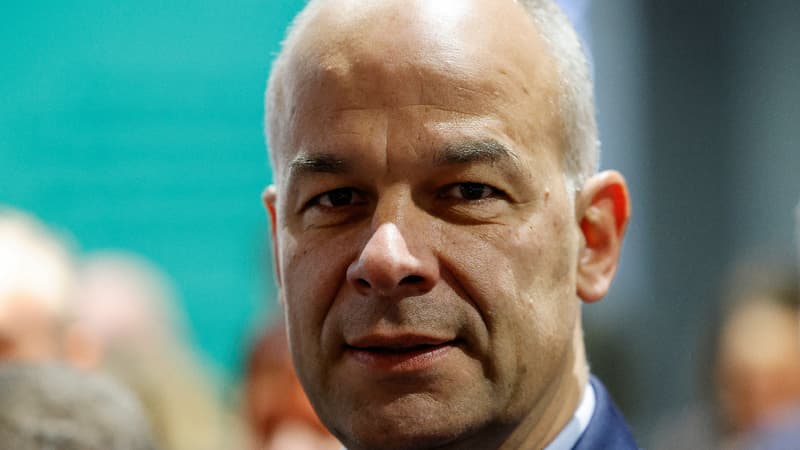The Livestock Summit opens its doors on Tuesday near Clermont-Ferrand, in a context of agricultural tension fueled by several burning issues to which the new Minister of Agriculture is called to give answers.
The event, one of the largest European meetings dedicated to professionals, will host more than 1,700 exhibitors in Cournon-d’Auvergne until Friday and expects to exceed 120,000 visitors.
This will be an opportunity for the new Minister of Agriculture, Annie Genevard, to confront farmers (beef or mountain milk producers) who are upset by the sector’s difficulties.
The FNSEA awaits measures on subsidized loans and vaccination of herds
On September 22, Arnaud Rousseau, president of the first agricultural union, the FNSEA, gave him 15 days to announce quick measures on subsidized loans to cereal producers, winegrowers and livestock farmers in crisis and on the vaccination of herds.
Farmers are facing a resurgence of diseases affecting their flocks, such as EHD (epizootic hemorrhagic disease) in cattle or BCF (bluetongue) in sheep. The Summit, which usually hosts 2,000 animals, will be reduced this year to 1,600 animals, supervised by a strict health protocol with disinfestation and prior blood tests, Fabrice Berthon, general commissioner of the Summit, detailed in a press conference.
Among sheep, direct losses from exploitation “reach 20%, sometimes up to 70%”, depending on the farms, laments Michèle Baudoin, president of the FNO (National Sheep Federation).
The Minister “has clearly heard our message (waiting for announcements within 15 days) (…) She is aware that she is moving from “more Doubs to the longest, if I may say so.” She was a parliamentarian from a rural area of Doubs, knows its subjects,” he added. “There are emergency measures and then more structuring measures (…) We want to do it well, be patient, but the clock has started, the clock has started. The commitments made in spring will have to materialize,” estimates David Chauve, secretary general of the FRSEA (Regional Federation of Auvergne-Rhône-Alpes).
Lactalis reignites agricultural anger
Indeed, the new minister was expected to draft the agricultural orientation law that was to apply the demands expressed during the demonstrations at the beginning of the year, but which was stopped by the dissolution of the National Assembly.
Another reason for discontent: the announcement by dairy giant Lactalis to buy less milk from French farmers has reignited the anger of the agricultural world.
For Lactalis, the drop in volumes is the counterpart of a better price for each ton of milk. The FNSEA did not hesitate to speak of an “explosion of the dairy sector.” “This reduction in revenue serves Lactalis to eliminate producers and put pressure on those who remain,” according to the Confédération paysanne, a classified left-wing organization.
Among meat farmers, the context is equally bleak. In a report presented this week, the Nature and Man Foundation (FNH), former Nicolas Hulot Foundation, warns of the “catastrophic” situation of a sector “full of public aid.” It recommends a broad restructuring plan, including support for the slaughterhouse network, a modification of the fattening system, the use of mixed breeds, etc. The foundation also recommends limiting imports, promoting short circuits and labels (organic, red label) among consumers.
The Summit aims to be the meeting place for “sustainable improvement”
In this context of crisis, the Summit aims to be the meeting place for “sustainable breeding”, declared Bruno Dufayet, Cantal breeder in charge of the Summit theme, in a press conference. Over four days, different conferences will be dedicated to these topics, with a stand dedicated this year to pastoralism. Kazakhstan, a country known for its tradition of nomadic livestock farming, is the guest of this 33rd edition. The cattle breed in focus is the Salers, whose birthplace is located in the neighboring Cantal and which has 210,000 animals in France. And in addition to traditional competitions, the Summit will also be dedicated to innovations and the use of artificial intelligence.
Source: BFM TV


